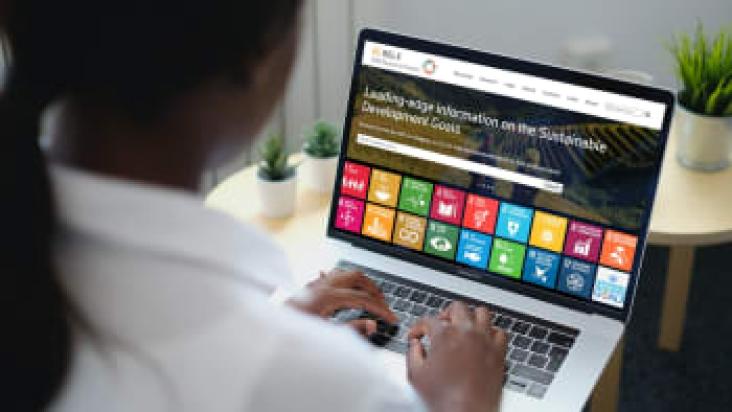Low Cost Water and Wastewater Treatment Systems: Conventional and Recent Advances, 2025, Pages 41-69
This chapter aligns with UN SDG Goals 6, 9 and 12 by exploring phytoremediation as a sustainable technique for treating contaminated freshwater resources, thereby addressing pollution and promoting the safe use of water in agriculture and households.
This research introduces APAH, an innovative IoT-based autonomous real-time monitoring system designed for industrial wastewater management, particularly in developing countries like India. By integrating multi-parameter sensors and advanced technologies such as machine learning, APAH continuously tracks key water quality metrics and enables timely interventions through automated controls and alerts, demonstrating significant improvements in water quality at industrial treatment plants in Maharashtra.
The authors propose a multi-attribute group decision-making (MAGDM) approach to evaluate and select digital voting tools that facilitate public participation in urban transport decision-making.

In this round up of 2024, we share the Special Collections published on the SDG Resource Centre throughout the year, featuring more than 800 research articles and book chapters made freely available to advance knowledge and accelerate the achievement of the United Nations Sustainable Development Goals by 2030.
Essential Guide to Neurodegenerative Disorders: Mechanistic, Diagnostic and Therapeutic Advances, 2025, pp 3-15
Michael Deighton, Chapter One - Introduction, Powering through the Transition, Elsevier, 2025, Pages 1-17.
This chapter supports UN SDGs 7 (Affordable and Clean Energy), 9 (Industry, Innovation, and Infrastructure), 11 (Sustainable Cities and Communities), 13 (Climate Action), and 17 (Partnerships for the Goals) by promoting the transition to renewable energy sources, reducing greenhouse gas emissions, enhancing energy efficiency, fostering technological innovation, and emphasizing collaboration and innovation to drive the development of cleaner and more efficient energy solutions for a sustainable future.

